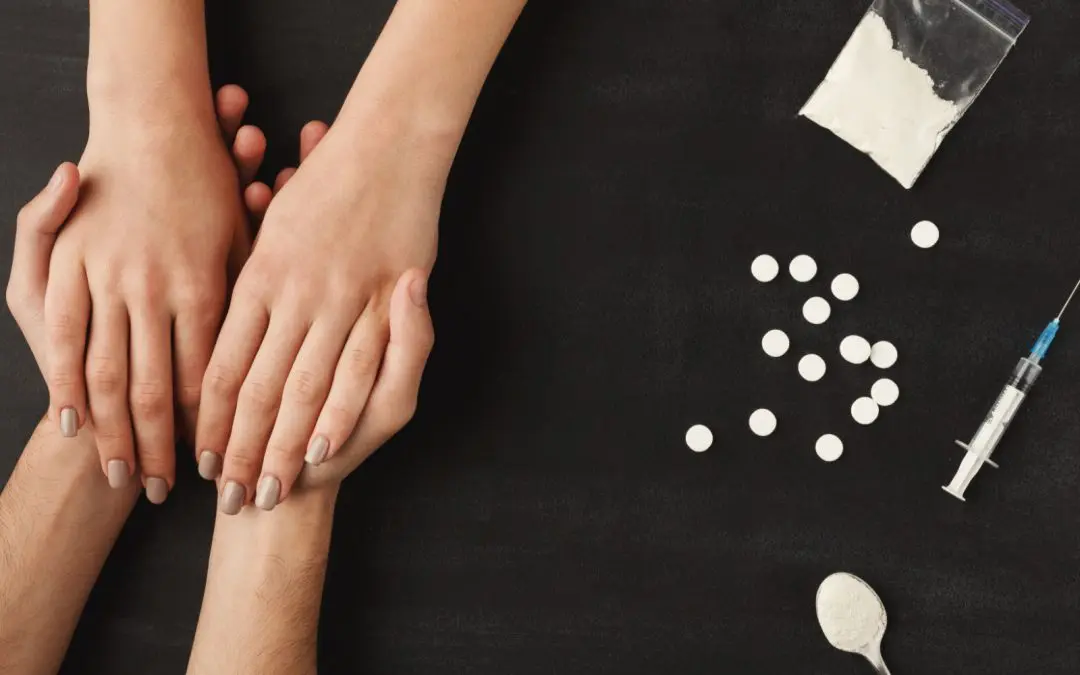24/7 Helpline:
(866) 899-221924/7 Helpline:
(866) 899-2219
Learn more about Depression Treatment centers in Dutchtown
Depression Treatment in Other Cities

Other Insurance Options

Absolute Total Care

Humana

Lucent

Meritain

WellPoint

Sutter

ComPsych

Molina Healthcare

Premera

Health Net

Regence

Health Choice

United Health Care

PHCS Network

MHNNet Behavioral Health

American Behavioral

WellCare Health Plans

Optum

Amerigroup

AllWell


Gibson Recovery Center – Men’s Residential Program
Gibson Recovery Center – Men’s Residential Program is a non-profit rehab located in Cape Girardeau, ...

Community Counseling Center – Lou Masterman Center
Community Counseling Center - Lou Masterman Center is a private, non-profit organization that serves...

FCC Behavioral Health – Women and Children’s Program
FCC Behavioral Health–Women and Children’s Program is an integrative drug and alcohol rehab in Cape ...

New Season – Cape Girardeau Metro Treatment Center
New Season - Cape Girardeau Metro Treatment Center is a private rehab located in Cape Girardeau, MO....







































































































Gibson Recovery Center
Gibson Center for Behavioral Change is an accredited drug and alcohol treatment rehab in Cape Girard...

Gibson Recovery Center – Hillcrest Pointe
Gibson Recovery Center - Hillcrest Pointe is a private residential treatment facility located in the...

Community Counseling Center
Community Counseling Center is a private, non-profit organization that serves individuals who are de...

AA – Alcoholics Anonymous
AA – Alcoholics Anonymous is a non-profit rehab located in Cape Girardeau, Missouri. AA – Alcoholics...

Personal Solutions
Personal Solutions is a private rehab located in Cape Girardeau, Missouri. Personal Solutions specia...

Mending Hearts Recovery
Mending Hearts Recovery is a private rehab located in Cape Girardeau, Missouri. Mending Hearts Recov...

New Vision Counseling
New Vision Counseling is a private rehab located in Cape Girardeau, Missouri. New Vision Counseling ...

Southeast Missouri Hospital – Psychiatric Unit
Southeast Missouri Hospital – Psychiatric Unit is a private rehab located in Cape Girardeau, Missour...

Community Counseling Center – Ridgeway House
Community Counseling Center - Ridgeway Center offers a intensive residential program for those indiv...

Restart Recovery
Restart Recovery offers treatment for opioid addiction by providing Medication Assisted Treatment us...













































































































